Queensland chief judge takes ‘stand against patriarchy’; endorses preferred pronouns in court
Queensland’s chief judge has reinforced the use of preferred pronouns to uphold respect in the courtroom, as she reveals her recent stand ‘against the patriarchy’ when redesigning court forms.
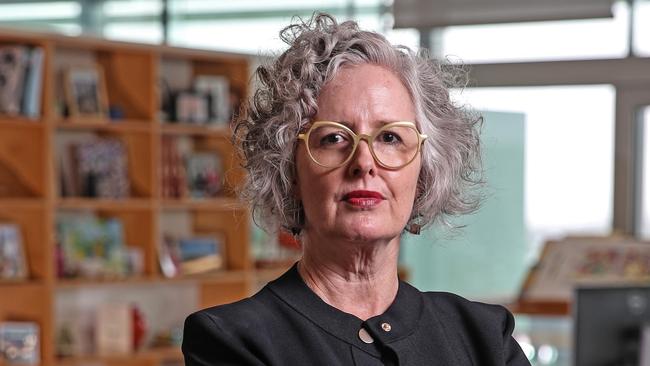
Queensland’s chief judge has reinforced the use of preferred gender pronouns to uphold respect in the courtroom, as she reveals her recent stand “against the patriarchy” in redesigning court forms to ensure they read Ms/Mr and not Mr/Ms.
Chief Justice Helen Bowskill, delivering the seventh annual Pride in Law Address this month, spoke to the importance of diversity in state courts and breaking down barriers to “promote inclusion and substantive equality”.
In doing so, she explained her own “quiet moment of protest against the patriarchy” when reconstructing the forms parties must sign before appearing in court.
“ ‘Mr’ always comes first in any choice of salutations. I quietly flipped this, so that ‘Ms’ comes first now,” she said. “Perhaps no one would have noticed this … until now.”
Chief Justice Bowskill used the speech to praise an edict implemented earlier this year directing anyone involved in a case to indicate their preferred pronoun when filling out their appearance form.
“The idea behind the practice direction is to simply make it the ‘norm’, by having a box to tick on an appearance slip, for a person who wishes to do so to identify their preferred salutation or pronoun,” she said. “In that way, if you wish to communicate that information to the court, you can do so without having to single yourself out. Your difference is respected; but you don’t have to fight for that respect.”
Chief Justice Bowskill said the practice direction “provides visibility” for those involved in proceedings, and has had a great impact since being implemented.
“It may be a small thing; and it may be that there are only a relatively small number of people whom it directly affects,” she said. “But from what I have been told by quite a few people, it has been a significant thing. It provides visibility, and an easy and understated way to express your preference.”
She called on any further measures to help boost diversity and inclusion across the state’s courtrooms and within the legal fraternity. “I’m keen to learn, to understand and to help to address issues where I can. Organisations such as Pride in Law, and the professional working groups that are established, for example, by the Queensland Law Society or the Bar Association of Queensland, are important, as the avenue for communication of ideas.
“But I appreciate it’s also important to know that there is an open mind at the other end of that communication, and that is ultimately the message I wish to convey … R-E-S-P-E-C-T. All any of us is asking for is a little respect.”
Her comments follow an international backlash sparked by author JK Rowling, after South Australian Chief Justice Chris Kourakis this year also encouraged use of preferred gender pronouns across SA’s courtrooms.
The Harry Potter author and women’s rights campaigner last month retweeted an article published in The Australian that referred to a practice note issued by Chief Justice Kourakis, saying it was a “matter of respect” to address parties to a case by their chosen pronouns, and integral to “ensuring public confidence in the proper administration of justice”.
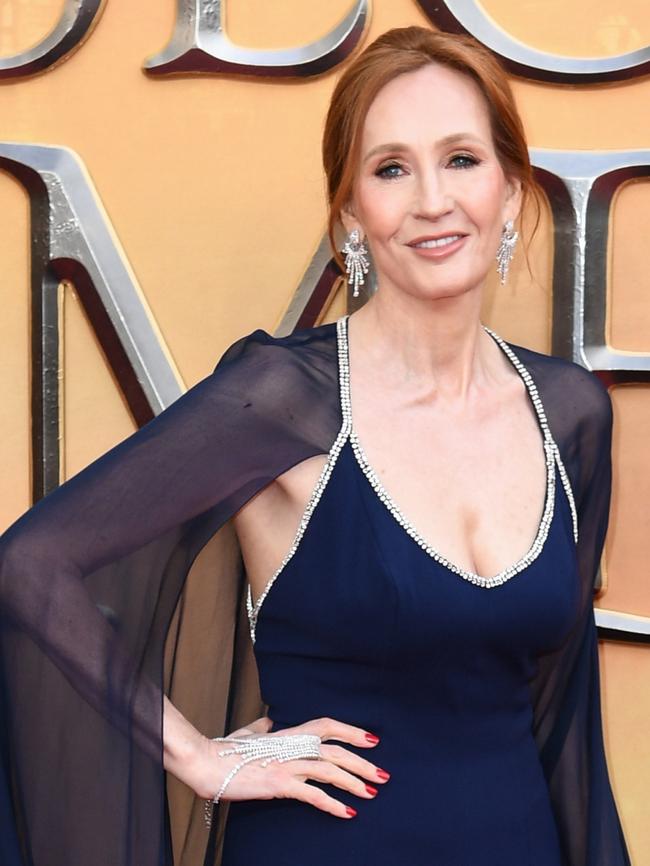
“Asking a woman to refer to her male rapist or violent assaulter as ‘she’ in court is a form of state-sanctioned abuse,” Rowling said. “Female victims of male violence are further traumatised by being forced to speak a lie.”
SA, Victoria and Queensland this year all released practice notes requiring court attendees to refer to parties by the pronouns they indicate being most comfortable with, such as they/them.
In NSW, it is up to the presiding judge as to whether or not preferred gender pronouns are used when referring to a transgender defendant.
Last week, three appeal court judges chose to use male pronouns when referring to a transgender defendant who had transitioned to become a woman after allegedly committing child sex offences.
“The applicant was born and has lived his life until recently as a male. All the applicant’s crimes were committed as a man … In this judgment, where pronoun use is necessary, it will be given to reflect the applicant’s accepted gender at the relevant time … To refer to the applicant as female at the time of the offences would lead to confusion and even absurdity.”



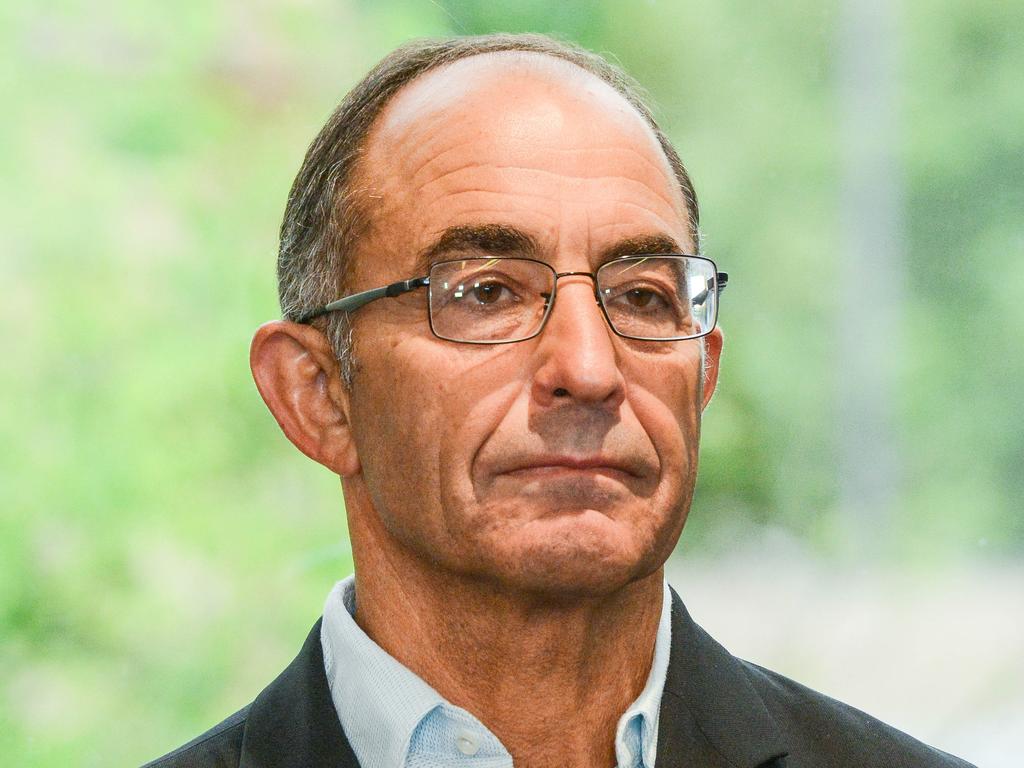

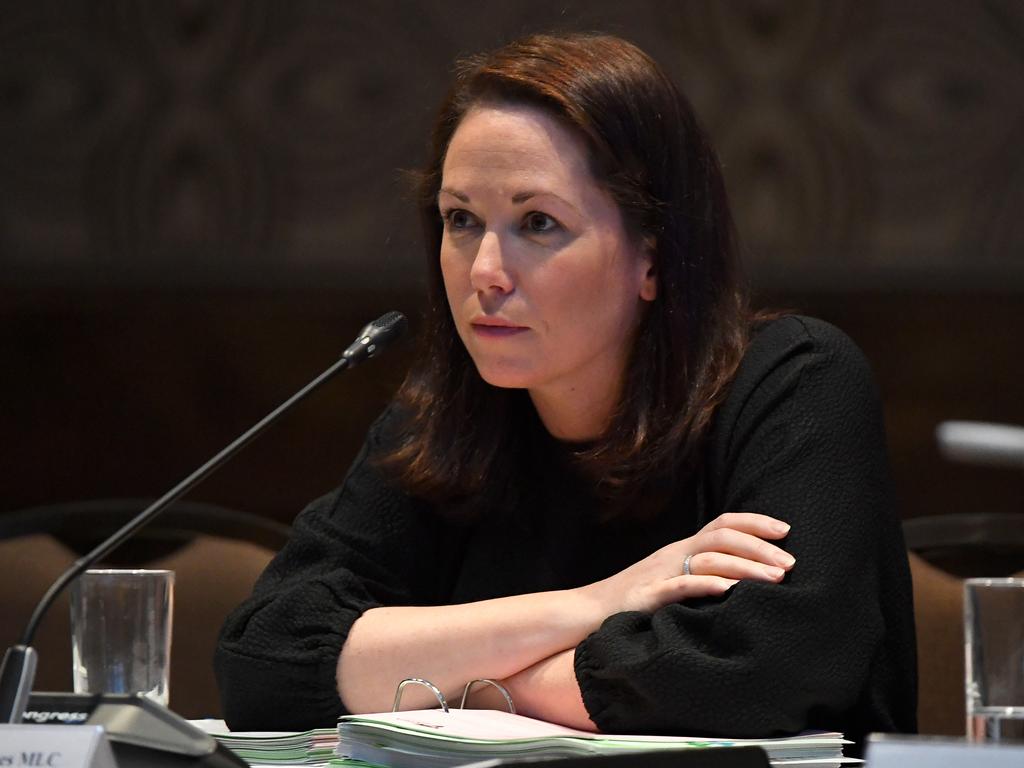
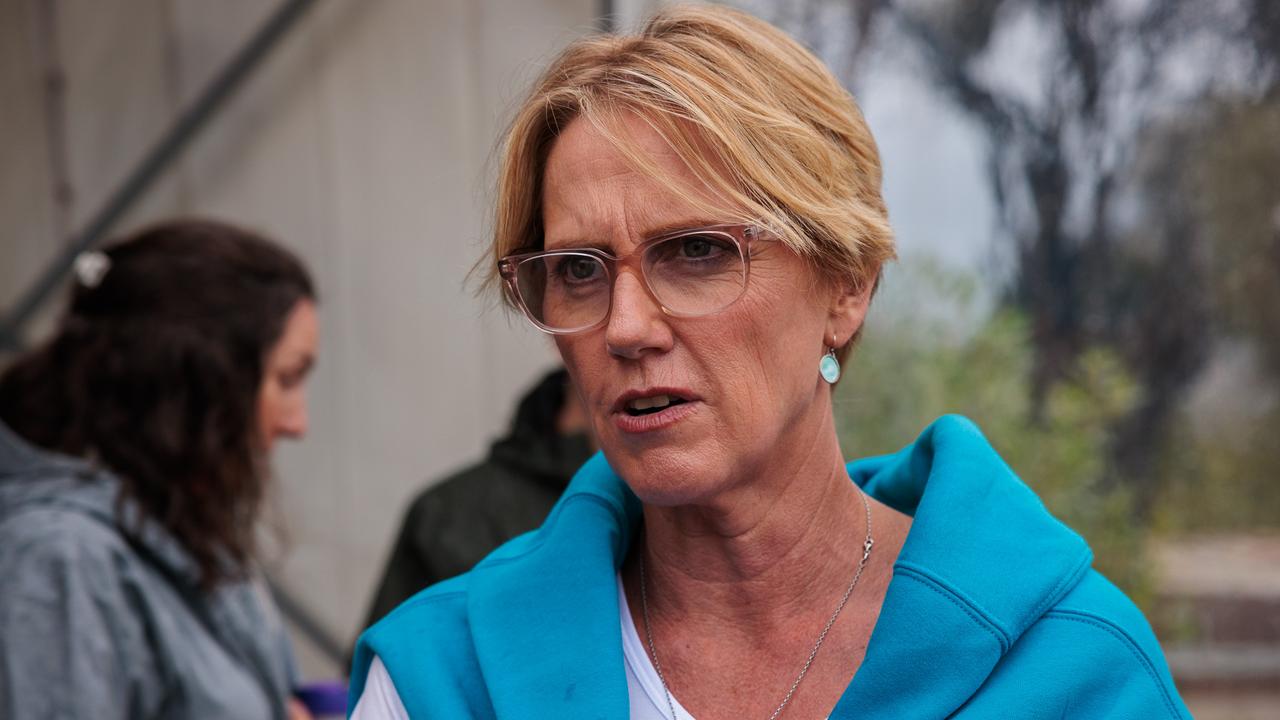

To join the conversation, please log in. Don't have an account? Register
Join the conversation, you are commenting as Logout